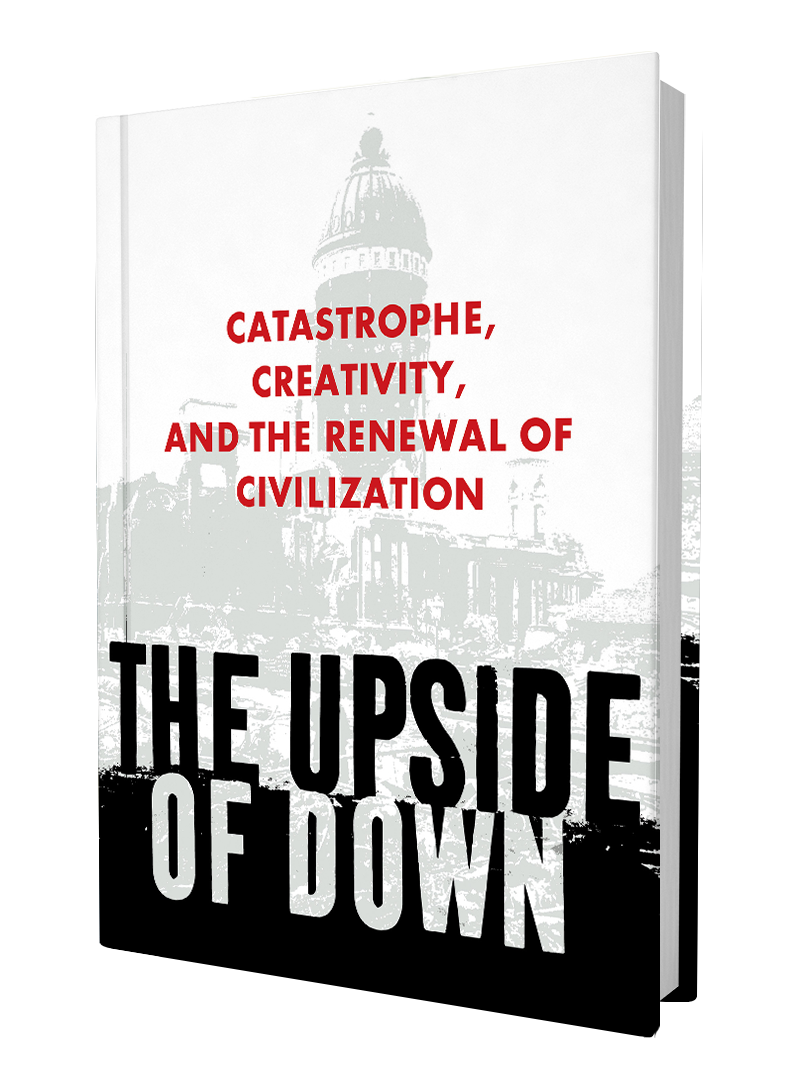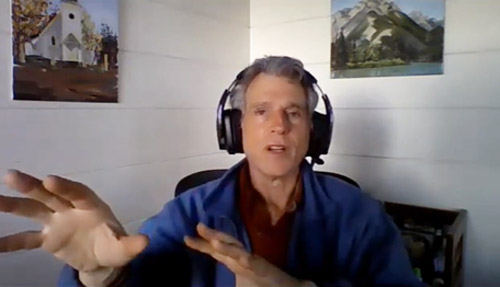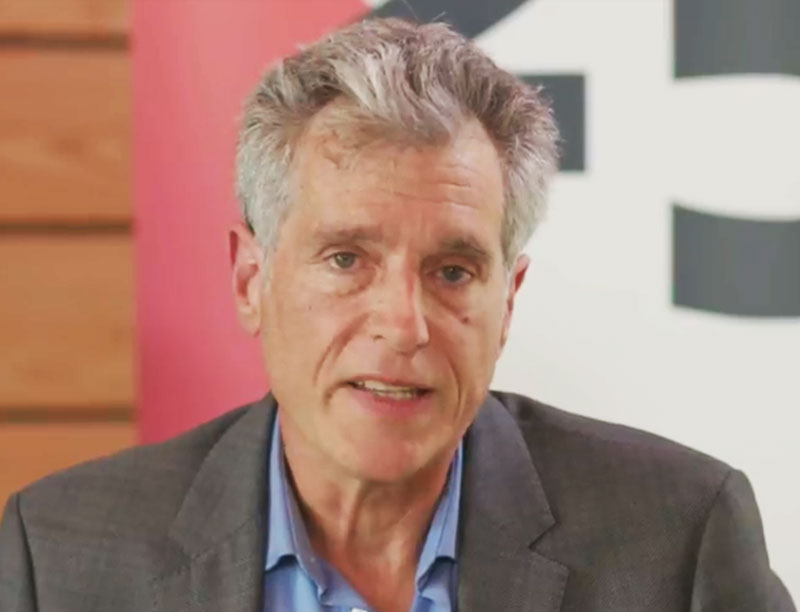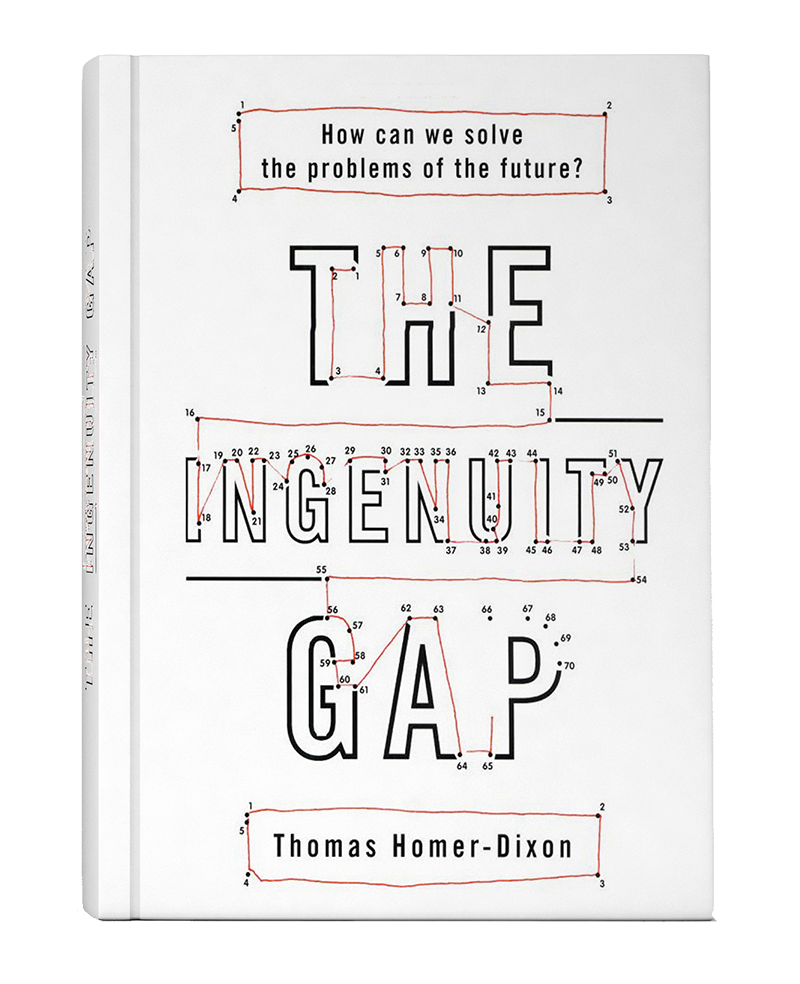REVIEWS AND MEDIA
Reviews of Commanding Hope
“Homer-Dixon’s hope is not optimism, but rather the kind of hope brought to mind by his book’s arresting title, one that must be ordered up from within us—with no regard to how despairing we are, and long before we have tangible reasons for optimism—and then set to rule our actions.”
—MacLean's | Read full review
“Hope without action will just contribute to a hopeless ending, but commanding hope can turn any one of us into the next hero.”
—Douglas T. Kenrick, Psychology Today | Read full review
“It is a rare thing to hold a book in your hands and think, ‘This could be a game changer.’ I had that experience at several ‘Aha!’ moments while reading Commanding Hope.” —Elizabeth May, MP for Gulf Saanich-Islands, Former leader of the Green Party of Canada | Read full review
“The hope Homer-Dixon is promoting has a dual nature. It arises from an internal summons and emerges as a call to action. This kind of hope isn’t naïve; it’s transformational.”
—Literary Review of Canada | Read full review
“Brilliantly structured and utterly absorbing from beginning to end, Commanding Hope addresses with honesty and courage the dangers we face and offers us practical ways to prepare for the hard work ahead.”
—Quill and Quire | Read full review
Recent Media Coverage
Interview with Tom Rand (32:34)
MaRS Impact Week, December 14, 2020
Interview with Douglas Kenrick (52:21)
ASU Department of Psychology, December 8, 2020
Appel Salon (61:00)
Toronto Public Library, September 21, 2020
Interview with Barbara Bell (52:04)
Kingston WritersFest, October 14, 2020
Interview with Heather Reisman, CEO of Indigo Books (42:43)
Indigo Books, September 30, 2020
Interview with John Geddes (42:45)
Ottawa Writers Festival, September 24, 2020
Author book talk and reading (49:29)
Royal Roads University, Changemaker Speakers Series, September 16, 2020
Author Interview (55:00)
WordFest Calgary, September 10, 2020
Interview about Hope (4:36)
CTV Calgary, September 10, 2020
How do we restore hope in humankind’s future? (4:52)
CTV Your Morning, September 3, 2020
Interview on Morning Live (4:35)
CHCH TV, September 2, 2020
Interview with Terrence McNally (59:31)
Free Forum, January 1, 2021
Interview with Ideas host Nahlah Ayed (53:59)
CBC Radio, November 26, 2020
Interview with Alan Neal (18:17)
CBC Radio, September 27, 2020
Interview with CanadaTalks (32:58)
SiriusXM 167, September 2, 2020
The Three Biggest Obstacles to Saving the Planet
Psychology Today, December 12, 2020
3 Reasons to Hope for the Future
Psychology Today, December 9, 2020
Thomas Homer-Dixon cuts through the doom and offers a path to hope with new book
Calgary Herald, September 4, 2020
Hope has seen better days. But Thomas Homer-Dixon has written a book for ‘those who choose to fight’
Toronto Star, August 29, 2020
The world seems dire. But we must not give up on hope
Globe and Mail, August 29, 2020
What Is Hope and Is There Any?
Psychology Today, December 4, 2020
International Praise for Thomas Homer-Dixon
“One of the best-informed and most brilliant writers on global affairs today.”
—The Guardian
“For over a decade, Thomas Homer-Dixon has provided that rare thing: a bridge between leading-edge research and the lay reader. Now, addressing the greatest problems of our time, he points us towards a path forward….” —Robert Kaplan, Atlantic Monthly; senior fellow at the Foreign Policy Research Institute, author of Imperial Grunts, Balkan Ghosts and The Ends of the Earth
“[Homer-Dixon] is at the forefront of a . . . school of political thought that believes the environment and human conflict are often linked in a vicious and violent circle”
—The Globe and Mail
“Thomas Homer-Dixon is a sort of Bruce Chatwin of ideas. Reading the meditations that his travels around the world prompt in him is addictive.”
—National Post
The Upside of Down:
Catastrophe, Creativity and the Renewal of Civilization
#1 National Bestseller /Canada; A Financial Times Best Book on Politics & Religion
“A splendid and necessary book, full of fascinating historical detail and profound reflections on the future.” —George Monbiot
“A major corrective for a culture that has struggled to form a comprehensive appreciation of the trouble we face. Climate change, global oil depletion, explosive geopolitics all threaten to overwhelm our ability to think clearly and act competently. Anyone who wants to get serious about the defense of civilization had better read The Upside of Down.” —James Howard Kunstler, The Long Emergency: Surviving the Converging Catastrophes of the 21st Century
“Anyone who doubts the seriousness of the human predicament should read [the] brilliant The Upside of Down. Anyone who understands the seriousness should also read it for [his] insightful ideas about how to make society more resilient in the face of near-inevitable environmental and social catastrophes.” —Paul R. Ehrlich, President of the Center for Conservation Biology, Stanford University, author of The Dominant Animal: Human Evolution and the Environment
“A wake-up call for millions feeling overwhelmed by an unrelieved diet of disaster.”
—New Scientist




